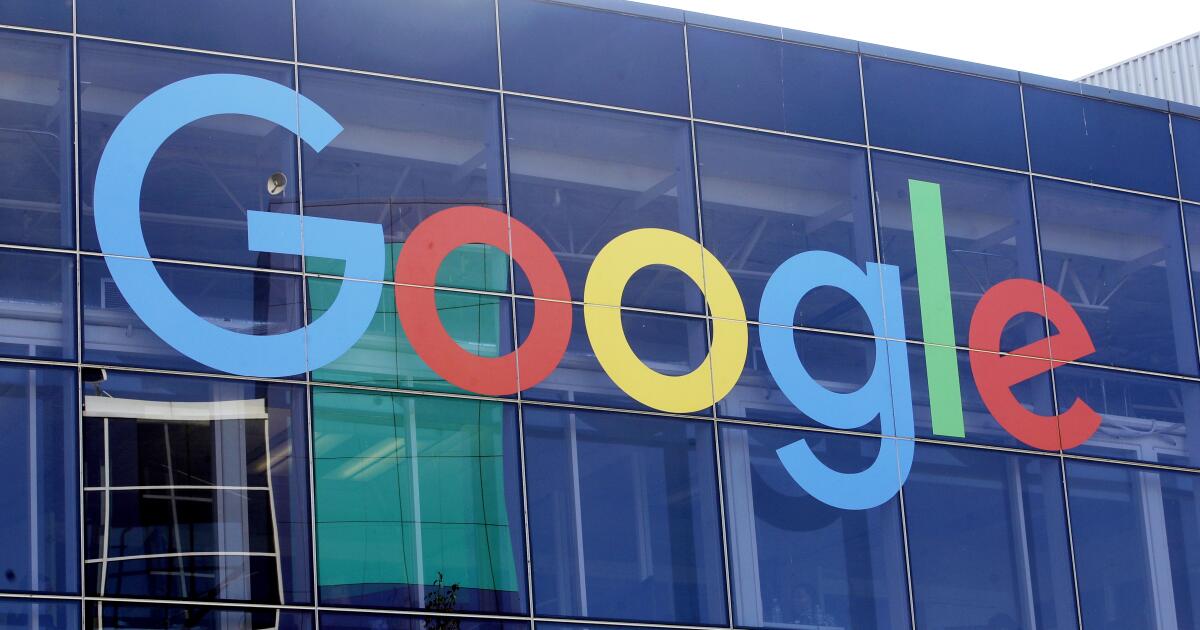Microsoft debated whether to shutter AI lab in Beijing due to political pressure: report

Top Microsoft executives have reportedly debated whether to shutter a controversial artificial intelligence lab in Beijing – as the company’s cozy ties with China raise alarm bells on Capitol Hill.
As The Post reported last month, prominent US lawmakers warned Microsoft that its ongoing work in China poses a potential national security risk after company president Brad Smith touted increased tech collaboration during a low-key visit to the Communist country.
Sen. Josh Hawley (R-Mo.) asserted that Congress “should block partnerships like this,” while Rep. Mike Gallagher (R-Wis.), chairman of the House Select Committee on China, told Microsoft that the CCP “will use AI for evil techno-totalitarian purposes.”
Behind the scenes, Smith and Microsoft CEO Satya Nadella are among a group of company leaders who have “debated what to do” about the AI lab and discussed whether it is “tenable” to keep it open given the mounting political pressure, the New York Times reported Wednesday, citing current and former Microsoft employees.
Internal discussions about the lab’s future have been underway for at least the last year, the report said. Microsoft brass have reportedly discussed the possibility of relocating the AI lab – or shutting it down entirely – but so far have decided to maintain operations as usual.
The potential risk factors for leaving the lab open include the possibility that China could hack the facility and steal sensitive technology secrets, five sources with knowledge of the company’s discussions told the Times.
There also are concerns that researchers employed at the lab could opt to ditch Microsoft and instead work for Chinese tech firms that are entwined with the government in Beijing.
Bill Gates, the co-founder of Microsoft, is known to be a longtime supporter of the Beijing lab, which opened in 1998 while he was still the company’s CEO. The billionaire recently traveled to China to meet with President Xi Jinping.
Smith, who said last month that Microsoft will “actively participate in the digital transformation of China’s economy,” also supports the lab, as does Microsoft chief technology officer Kevin Scott.
“We are as committed as ever to the lab and the world-class research of this team,” Microsoft Research chief Peter Lee said in a statement.
Lee insisted that “there has been no discussion or advocacy to close Microsoft Research Asia, and we look forward to continuing our research agenda.”
Smith also defended the company’s stance.
“The lesson of history is that countries succeed when they learn from the world,” Smith said in a statement. “Guardrails and controls are critical, while engagement remains vital.”
Microsoft has reportedly placed safeguards to prevent Beijing from exploiting the lab’s work.
The guardrails include blocking China-based researchers from accessing early versions of OpenAI’s GPT-4 last year and limiting work at the lab on projects related to quantum computing and facial recognition, the report said.
Microsoft also reportedly avoids hiring researchers from schools with ties to the Chinese military.
Microsoft has approximately 10,000 employees in China and has expanded its operations in the country even as Big Tech rivals as such Google and Meta dial back their work in the region.
Aside from its lab in Beijing, Microsoft operates another research lab in Shanghai, with both locations serving as hubs for AI research.
Last month, a Microsoft spokesperson told The Post that AI work done in China was “not for military use, but is instead focused on accelerating scientific discovery and technology innovation for the benefit of the international academic research community.
Microsoft is committed to operating in China in a way that upholds our corporate values and does not undermine U.S. national security interests,” the spokesperson added.
Microsoft once boasted in a 2018 blog post that it had spent more than $1 billion on research and development in China over the previous decade.







